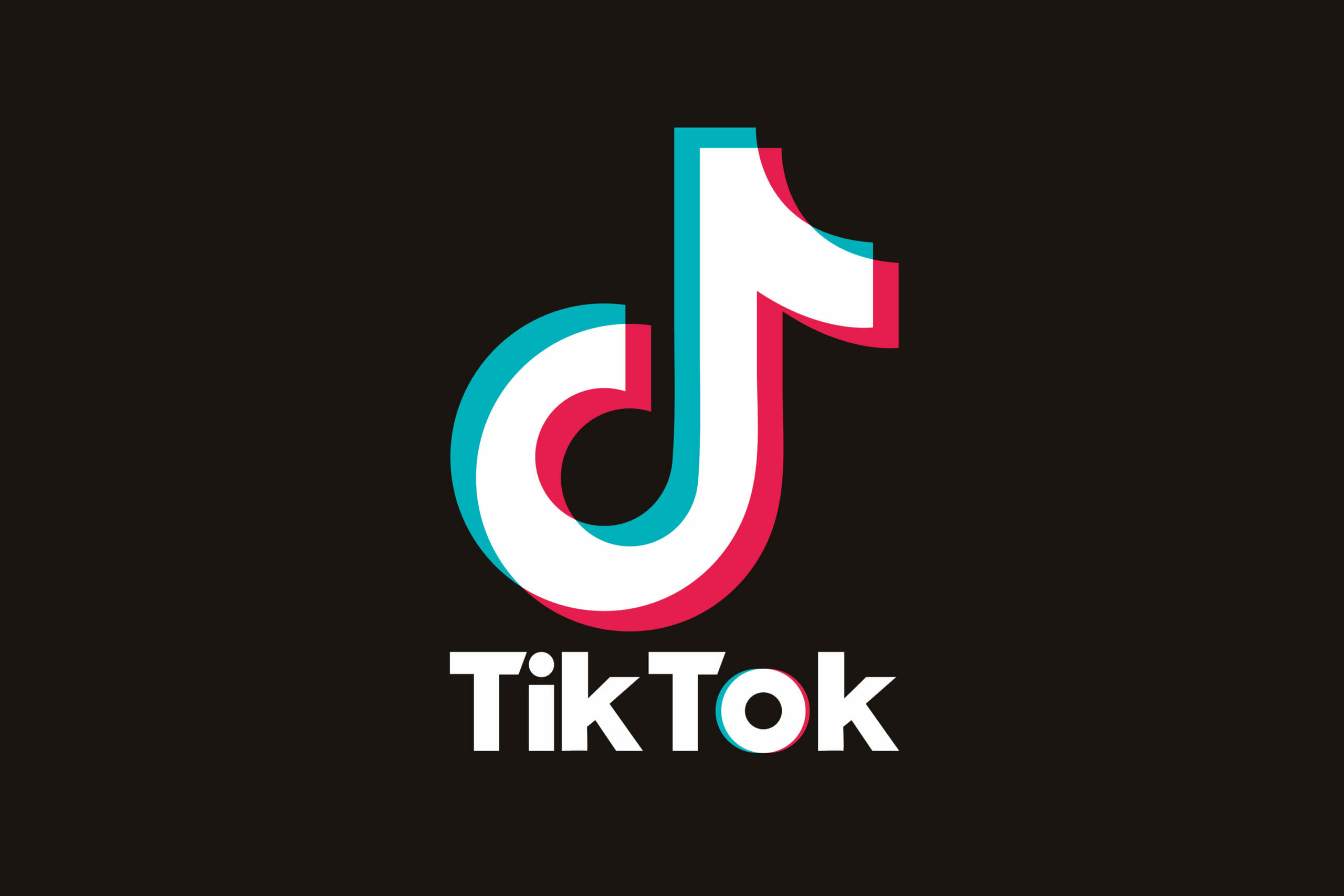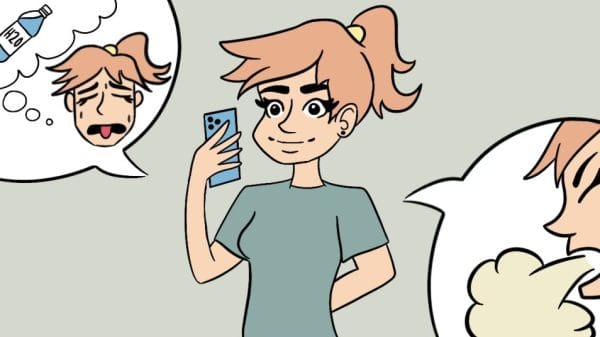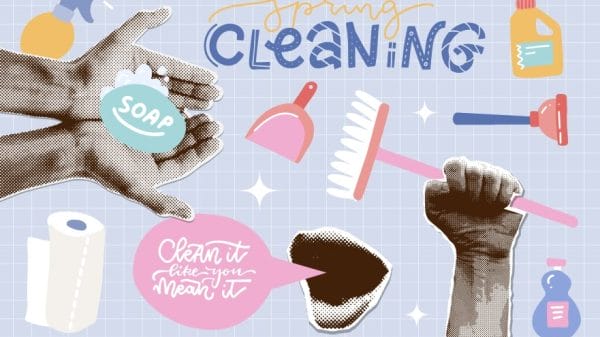Online moderation have allowed content creators to take things into their own hands in front of millions, but some have called into question the ethics of the issue
When Danesh came across a video on TikTok of a woman joking about hitting her children with a belt, he had never made a video tracking someone down online before – in fact, all of his videos up to this point were about politics.
“It was so absurd it was doing so well,” he recalls. “I looked her up, and I called in child protective services. And I thought: ‘I’ll make a TikTok about it’”.
Since then, Danesh, or @thatdaneshguy, has gained hundreds of thousands of new followers by what he says is holding people online accountable for their behavior, and then TikTokking about it, usually revealing or highlighting the offending user’s identity.
Since then, Danesh, or @thatdaneshguy, has gained hundreds of thousands of new followers by what he says is holding people online accountable for their behavior, and then TikTokking about it, usually revealing or highlighting the offending user’s identity.
Danesh’s content spurs other creators on – some of whom praise him wholeheartedly, and some of whom tell him he is a doxxer, a threat, and, most commonly of all, a snitch.
His origin story is not unique. The Great Londini, who brands his movement as “the protectors of the innocent; a positive movement seeking to end racism, bullying, and scamming on social media,” began his account when a friend asked for help tracking down his son’s bully after the 14-year-old died by suicide. He also has as many critics as he does fans; in fact, neither Danesh nor The Great Londini share their full names online because both receive regular death threats.
But what is unique is how popular these accounts have become, how loyal their followings are, and how they have normalized sharing the identity of people they disagree with online with the expectation of retribution for their wrongdoing. This normalization has come at a cost; with its increase in popularity has come an increase in the risk of misidentifying someone – as has the chances of bad actors using the same open-source skillset to mobilize against their targets. One person’s doxxer is another person’s freedom fighter, moderator, and even hero.
TikTok’s own community guidelines seem clear, at first glance: “We define doxxing as the act of collecting and publishing personal data or personally identifiable information (PII) for malicious purposes. We consider these online behaviors as forms of abuse and do not allow them on our platform.” But that ‘malicious’ bit jars with many creators, who don’t see sharing personal info as a malevolent act, but a judicial one, holding a perpetrator to account.
These accounts really are exploding in popularity: Danesh only had 80,000 followers at the beginning of the year and is now about to hit 700,000. The Great Londini had already reached 2 million followers this summer, after repeated bans over varying guideline violations including harassment in which he lost hundreds of thousands of followers, and now he’s at 6.9 million.
Cybersecurity expert Julia Slupska argues that these TikTok creators are the latest in a long line of internet sleuths, but caveats that TikTok has turned it into “a spectator sport.”
“There’s a lot of community moderation at subreddit level but where is it on TikTok?” they ask, although maybe these TikTok creators are TikTok’s community moderators; the difference being that while the Redditors are often faceless and working tirelessly behind the scenes, TikTokkers record their processes for public consumption and seek to become recognizable faces.
“Any time that the authoritative way for resolving conflict isn’t functioning, people will find alternative ways to do it,” Slupska said. “One example that came to mind is a research project which created a tool for outing people doing sexual harassment on Facebook messenger, looking at shaming as a mechanism.” The experiment found that this shame-based model of gender justice often left the victim and supporters “entangled with mob sentiment.”
This is true of TikTok’s movement, too. Several creators in this space will be criticized – sometimes simply for the act of snitching alone, or because they have misidentified somebody or instigated an internet pile-on when perhaps all the facts weren’t straight.
Danesh thinks that his possible role in community governance could stop immediately if he got something wrong. “If I say or do something wrong or overstep, my community isn’t necessarily going to have my back on that. Neither are other accounts that do this sort of thing. We aren’t modding one particular sub – when people just see something that’s unjust, they want to do something about it.”
Dominic DiFranzo, an assistant professor at Lehigh University in Pennsylvania, warns: “I can see more cross-platform campaigns. I hope we never see giant Gamergates. But I see it being used and weaponized by those who have power or want power.
They’ve seen how to tap into these things for political purposes and that isn’t going away. There are incredible connections – these types of campaigns allow communities that are possibly very separated to unite around hate.”
Want to read more on Tiktok? Jobseeker Flooded With Employment Offers After TikTok Video Goes Viral














